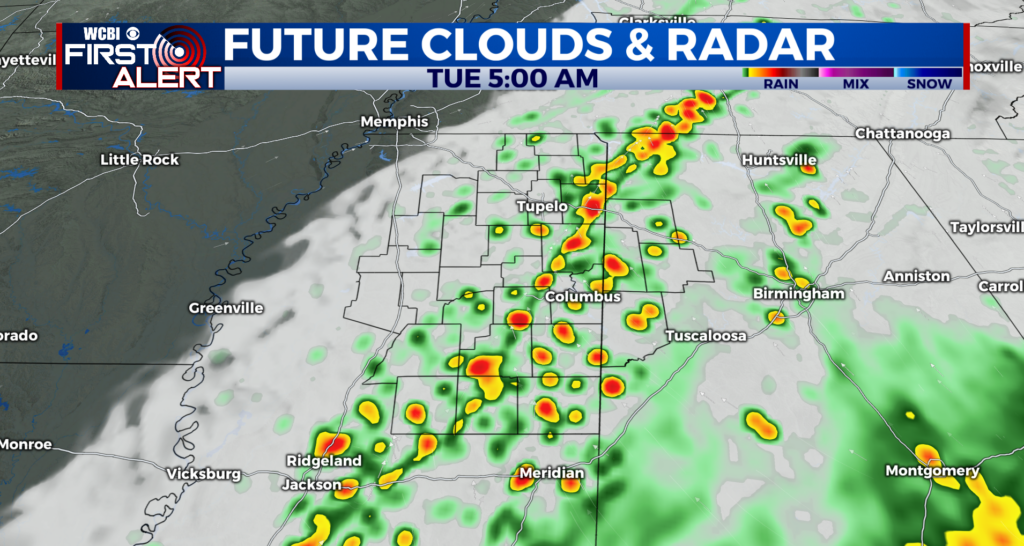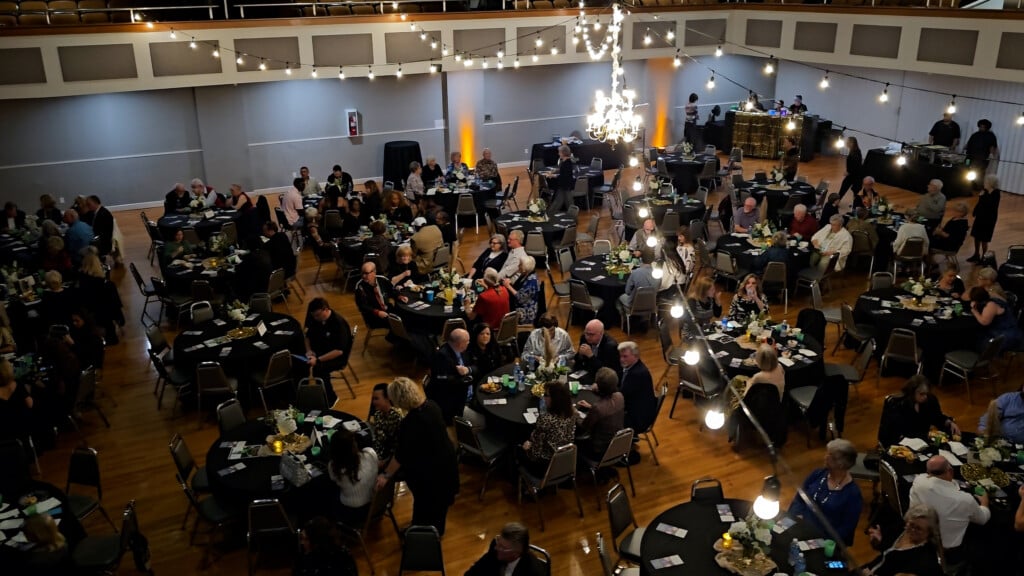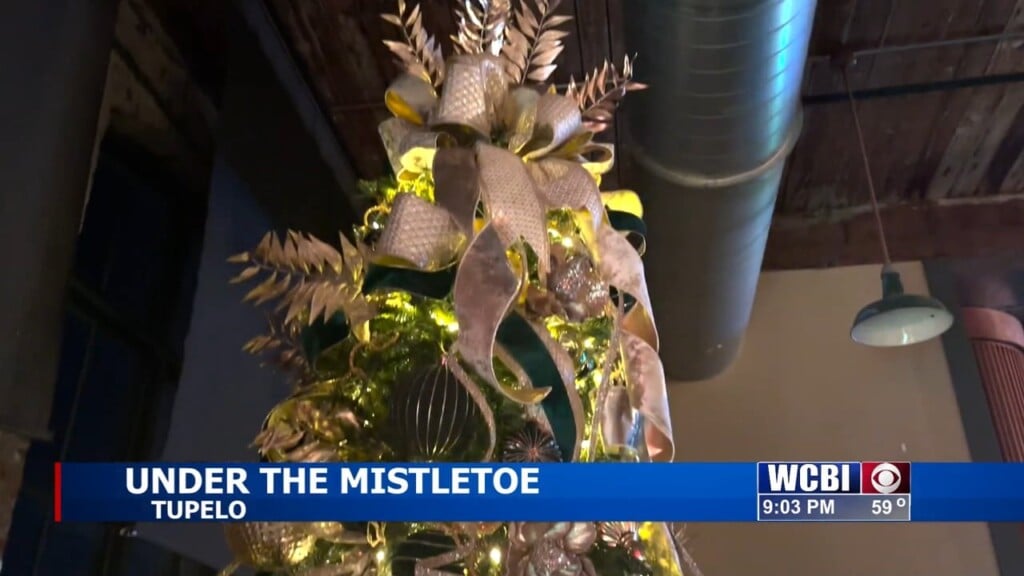Powerball winner argues for privacy but to also receive winnings
NASHUA, N.H. — A New Hampshire woman who won a $559.7 million Powerball jackpot should be able to collect the winnings soon while a judge decides whether to let her remain anonymous. A judge in Nashua heard arguments Tuesday from lawyers for the woman who say her privacy interests outweigh what the state says is the public’s right to know who won the money in the nation’s eighth-largest lottery jackpot.
The woman, identified as Jane Doe, signed the ticket following the Jan. 6 drawing, but later learned from a lawyer that she could have shielded her identity by writing the name of a trust. They said she was “very upset” after learning she was giving up her anonymity by signing the ticket — something the lottery commission acknowledged isn’t spelled out on the ticket but is detailed on its website.
“You want to have a whole group of people on your side because everybody’s gonna be coming after you,” Perry Radford, an Edward Jones financial advisor, recently told CBS News’ Michelle Miller.
Outside the court, both sides seemed to agree the money could be transferred in the coming days into a trust the woman has set up — the Good Karma Family Trust of 2018.
Her lawyers claim the delay in payment was costing her about $14,000-a-day or about $500,000 a month in interest, and have filed a separate motion with the court to release the money.
“This money is just sitting there doing nothing for nobody,” William Shaheen, one of the woman’s lawyers said. “It’s very important that we redeem this ticket and she gets on with her life.”
New Hampshire Lottery Executive Director Charlie McIntyre said he was inclined to honor the woman’s request, saying it was a separate issue from whether to reveal her name and address. He just needs to take possession of the ticket.
“You have to understand this ticket is the most valuable piece of paper on planet Earth,” McIntyre said. “It’s more valuable than a Rembrandt. It’s a half a billion dollars in 10 square inches.”
Lawyers for the woman contend that she was already experiencing “unreal” levels of stress over the prospect of having to go public and that disclosing her identify would put her safety at risk, expose her family and friends to unwanted media attention and inundate her with harassing calls and emails from people wanting a portion of her fortune.
They described the woman, who is from southern New Hampshire, as a private person who doesn’t want the attention that often comes with winning a big jackpot. She hasn’t yet quit her job and is hoping to give some of her winnings to charity.
“When you win this kind of money, you have a lot of responsibilities. A lot of people think it’s just glitter. There is a lot of stress involved,” Shaheen said.
As part of their motion, the lawyers said their firm has received hundreds of emails. They listed requests for money from sick or homeless people and investment opportunities including an Indonesian company wanting to expand its pallet company across Asia. There was even a Navy veteran, who offered to take responsibility for collecting the ticket in exchange for a $1 million fee.
“How does a person deal with all that, never mind real concerns about threats to her safety?” asked attorney Steven Gordon. “There is documented history of people being harmed, people coming into their homes.”
McIntyre countered it was in the public’s interest to know who won the jackpot and that past lottery winners have gone on to lead “productive, normal, healthy lives and enjoy the fruits of those winnings — pay for college, pay off houses, donate to good causes.”
“For us, this is about the challenge of balancing the privacy rights of the winner against the right of the public to know what the lottery does,” McIntyre said.
In court, a lawyer for the commission said the law was clear on the requirement to release her name and failing to publicize her identity could erode trust in the lottery.
“Where there is a public interest in information within a public document, we have an obligation to disclose it,” Assistant Attorney General John Conforti told the court. “We can’t choose to avoid that obligation because it’s inconvenient or messy.”
Lawyers for the woman have proposed a compromise — make a copy of the ticket, white out her identity and seal away the original with her name and address. The commission argues that isn’t allowed under the gaming rules.
New Hampshire is one of a handful of states that allows trusts to anonymously claim lottery prizes. In 2016, a New Hampshire family that won a $487 million Powerball jackpot remained anonymous as lawyers for their trust claimed it.
The Legislature also tried to pass a bill in 2014 allowing for winners to remain anonymous. But it was vetoed by then-Democratic Gov. Maggie Hassan.
Hillsborough County Superior Court Judge Charles Temple didn’t indicate when he would rule.





Leave a Reply